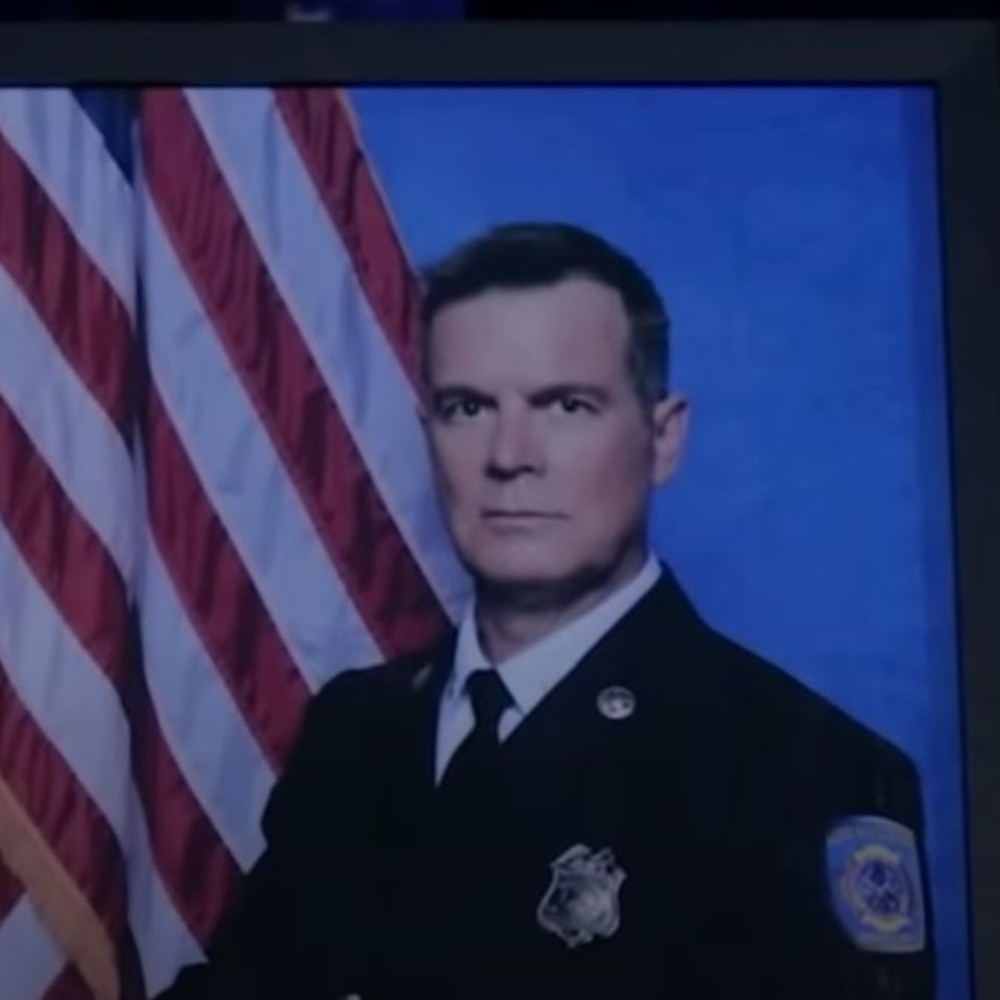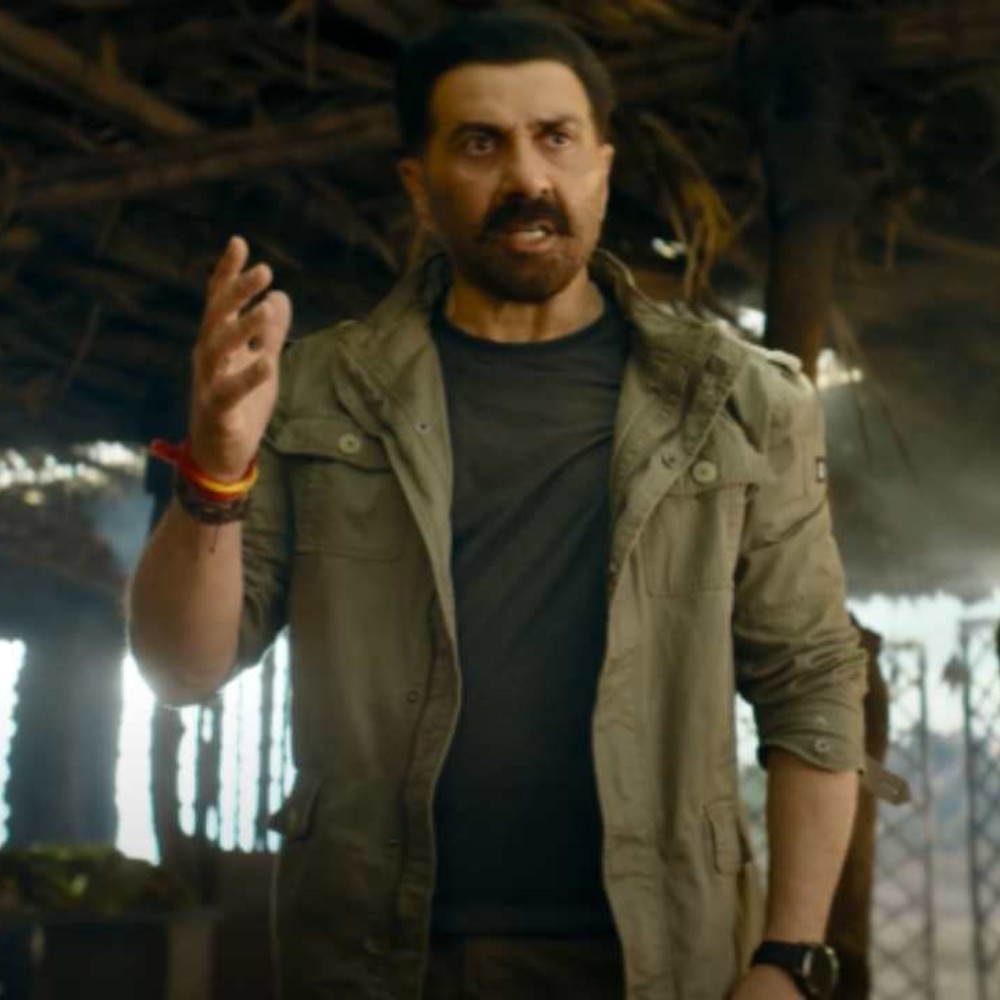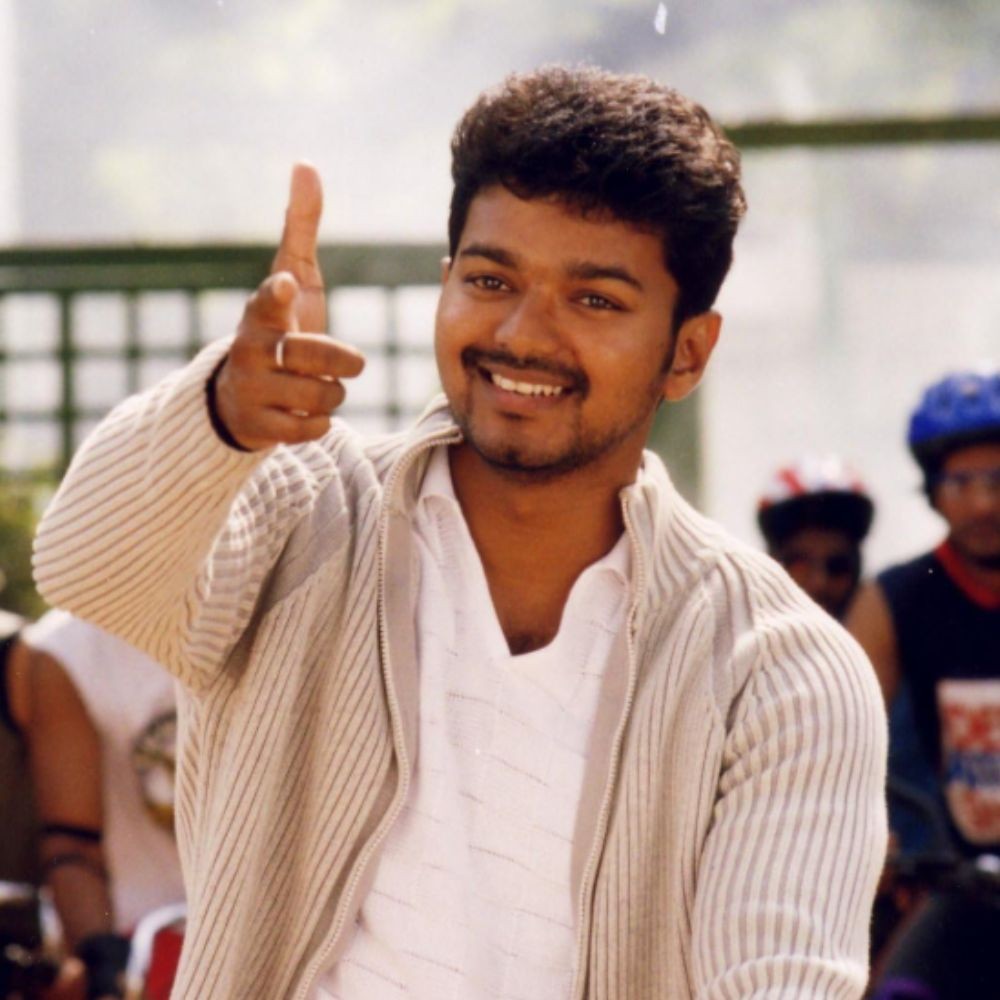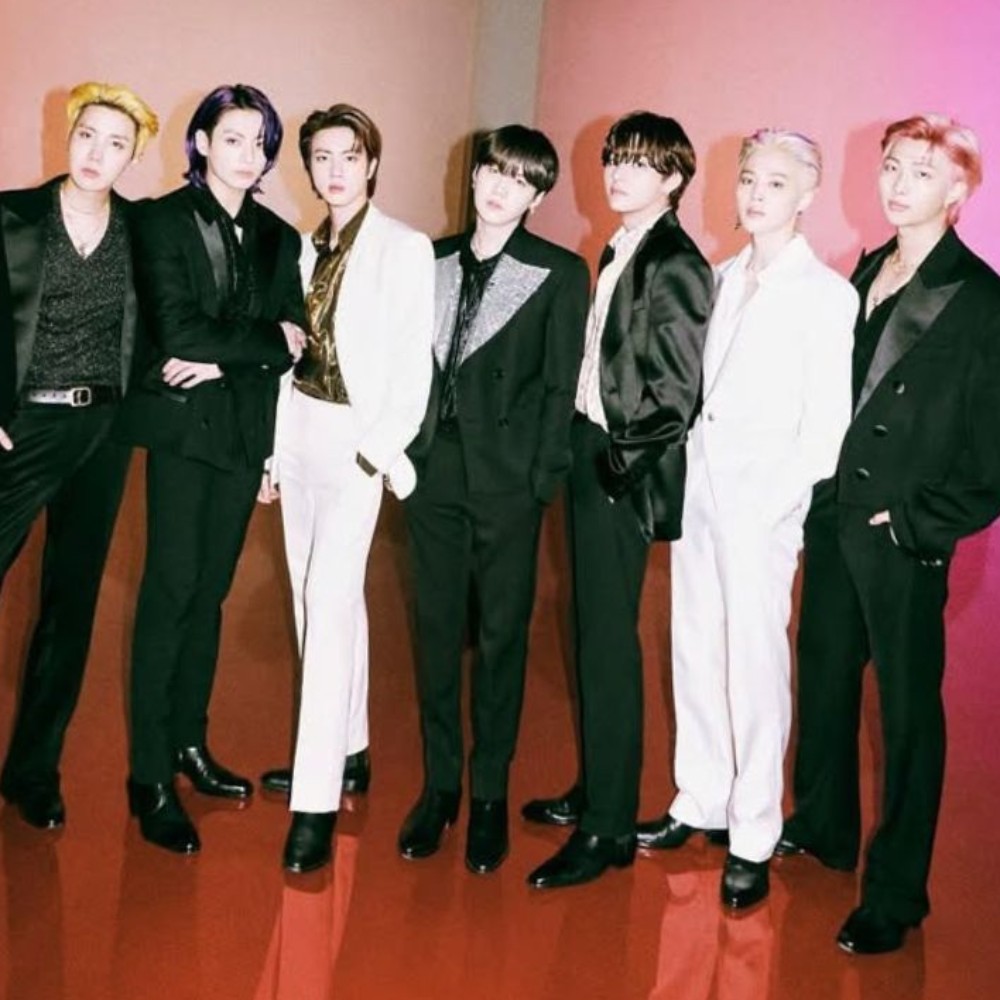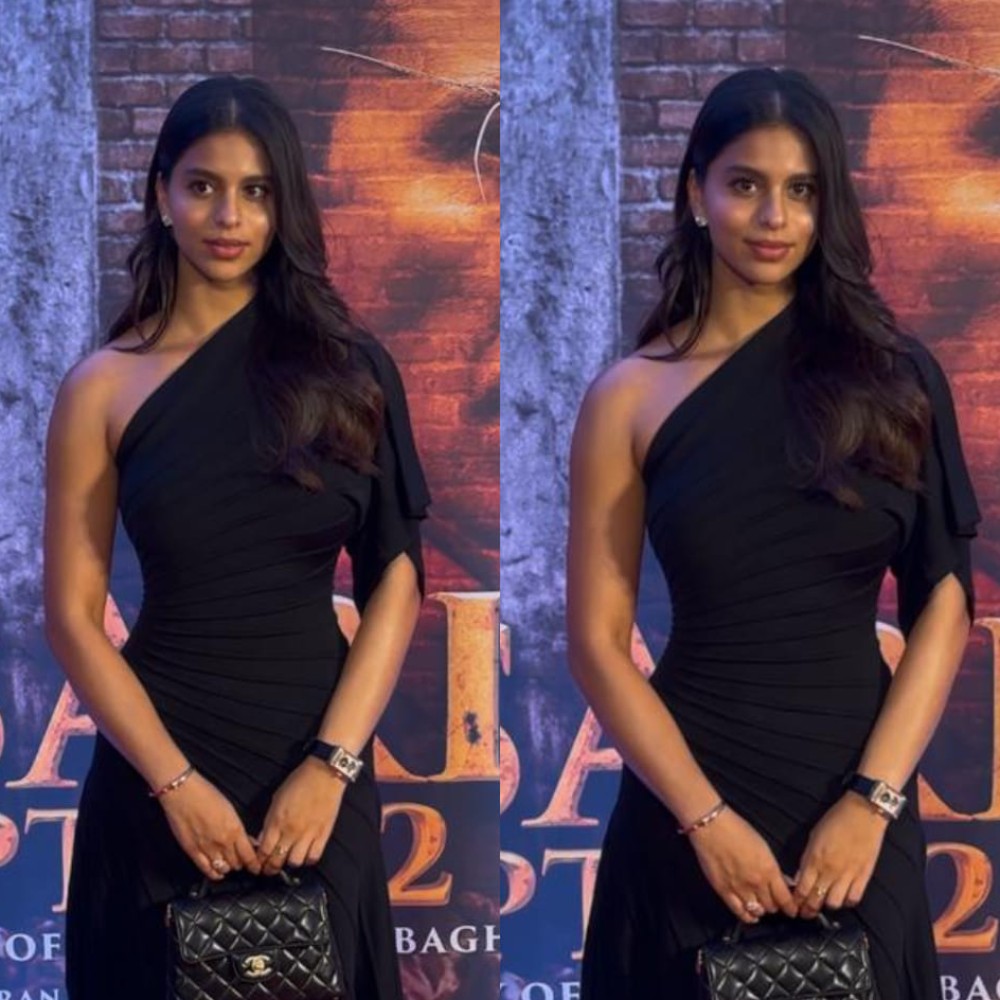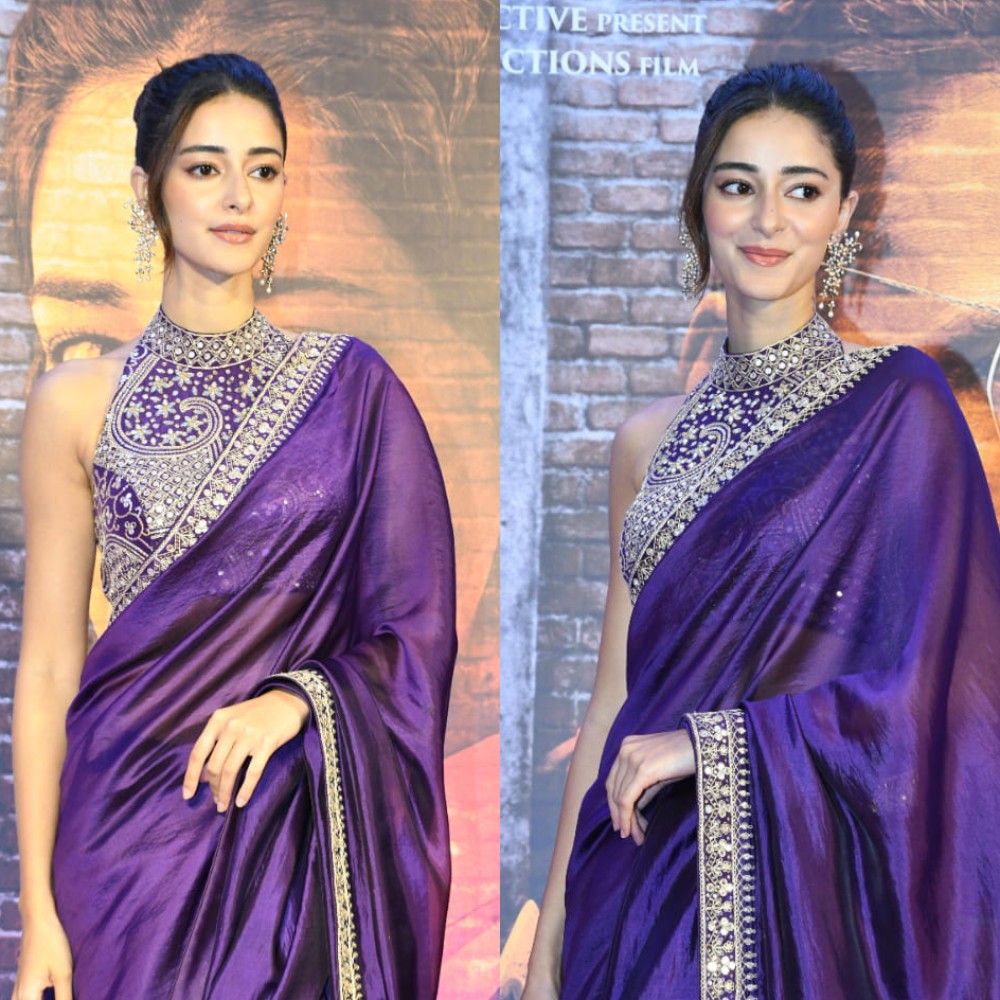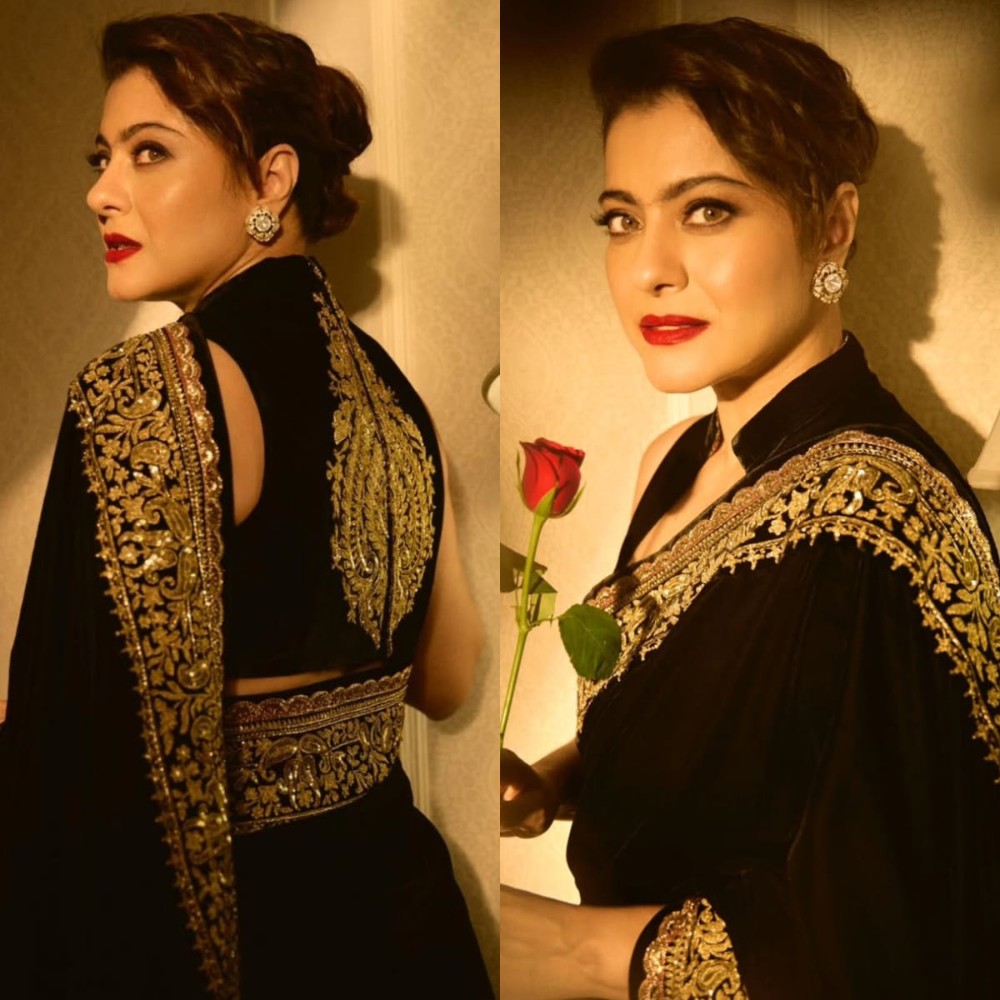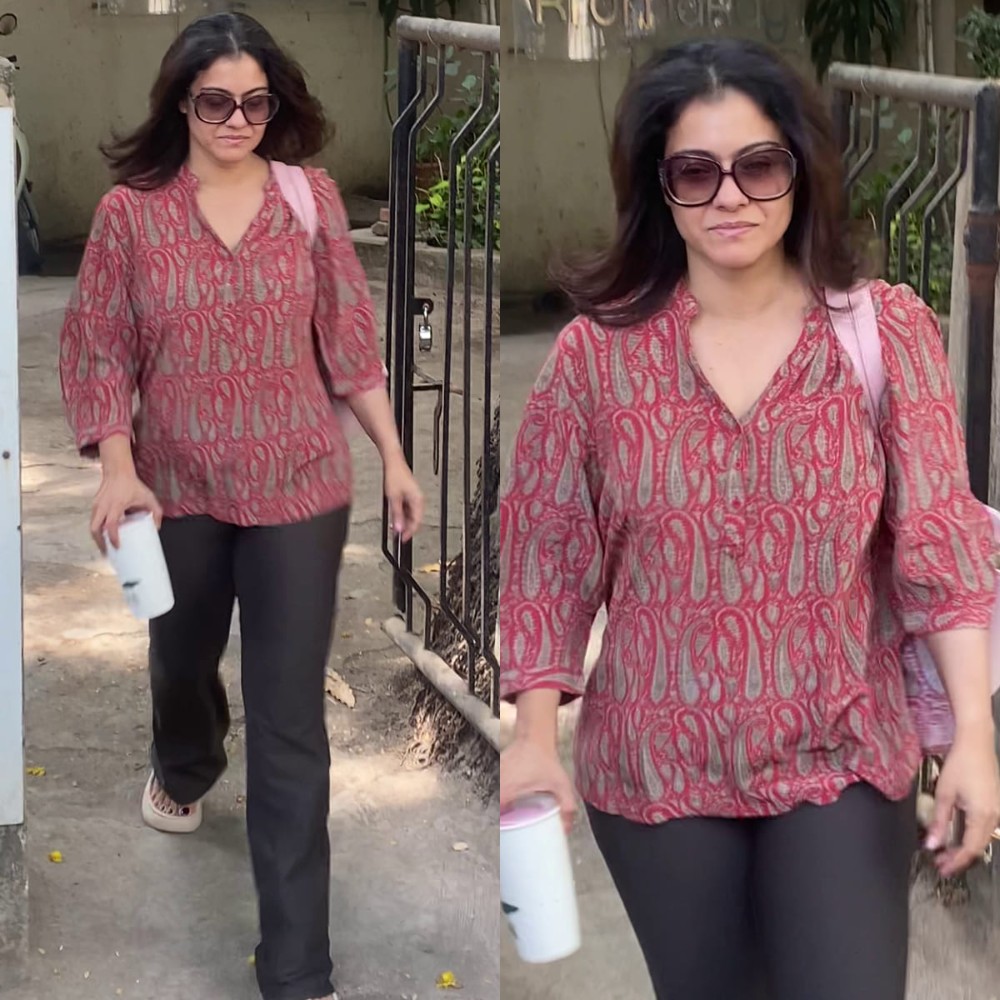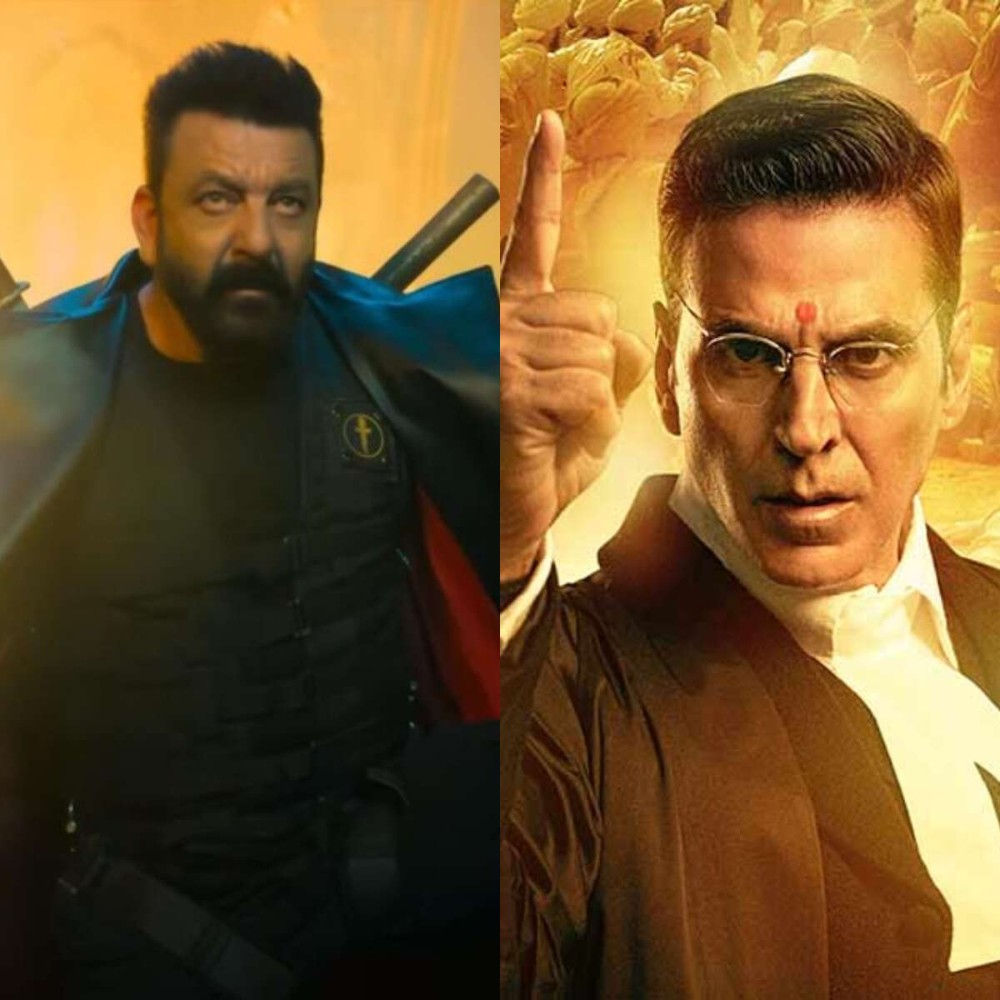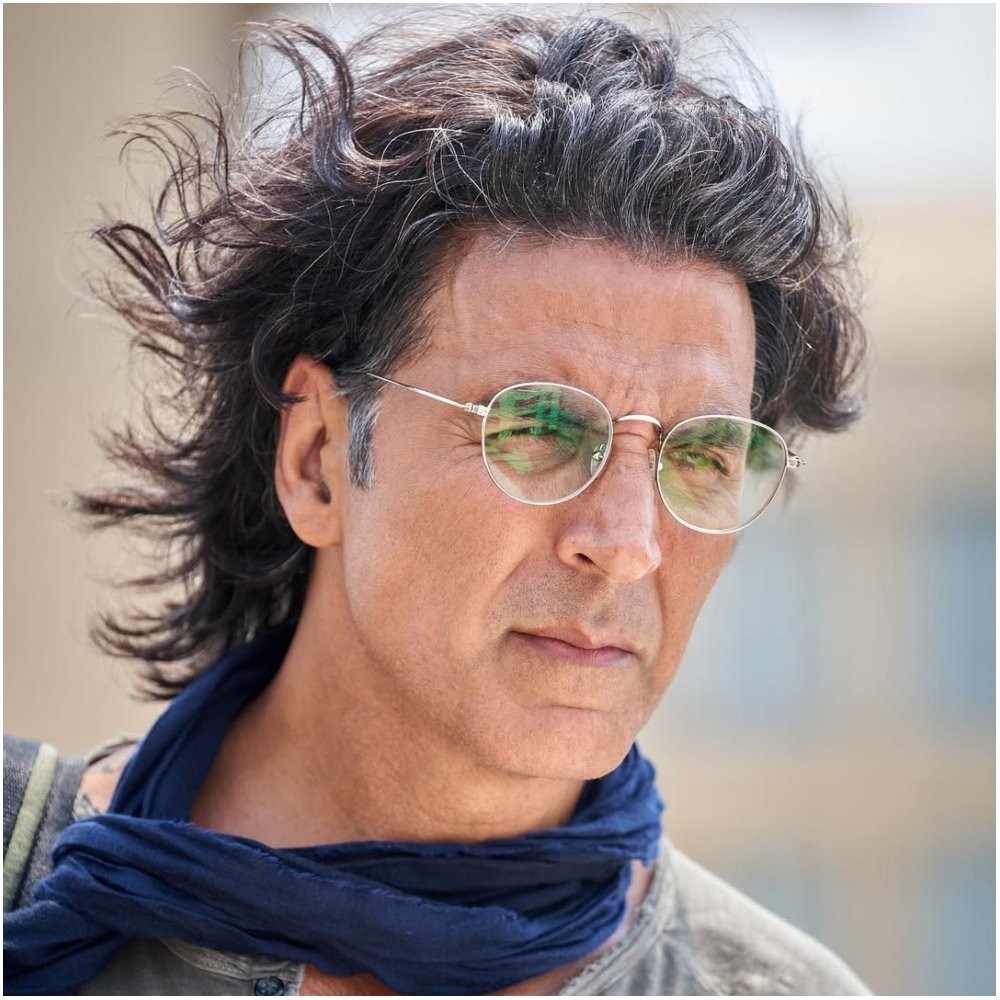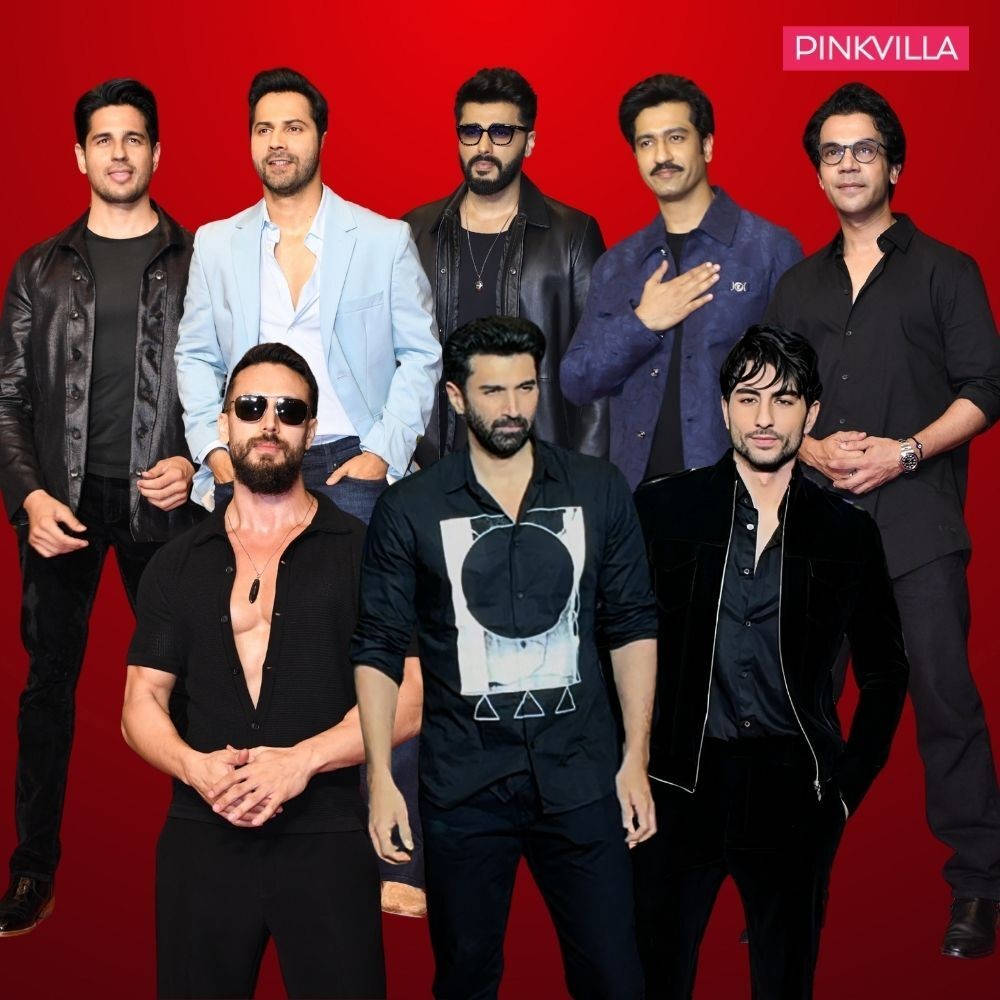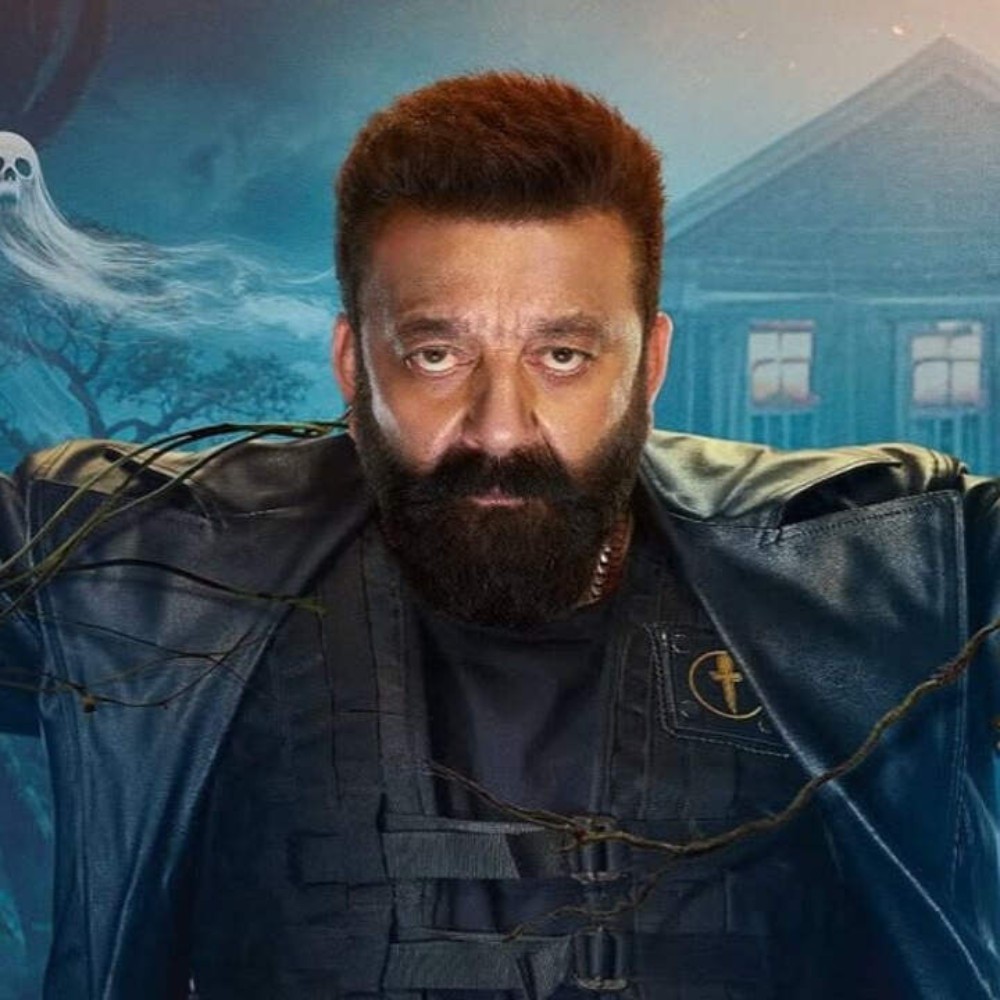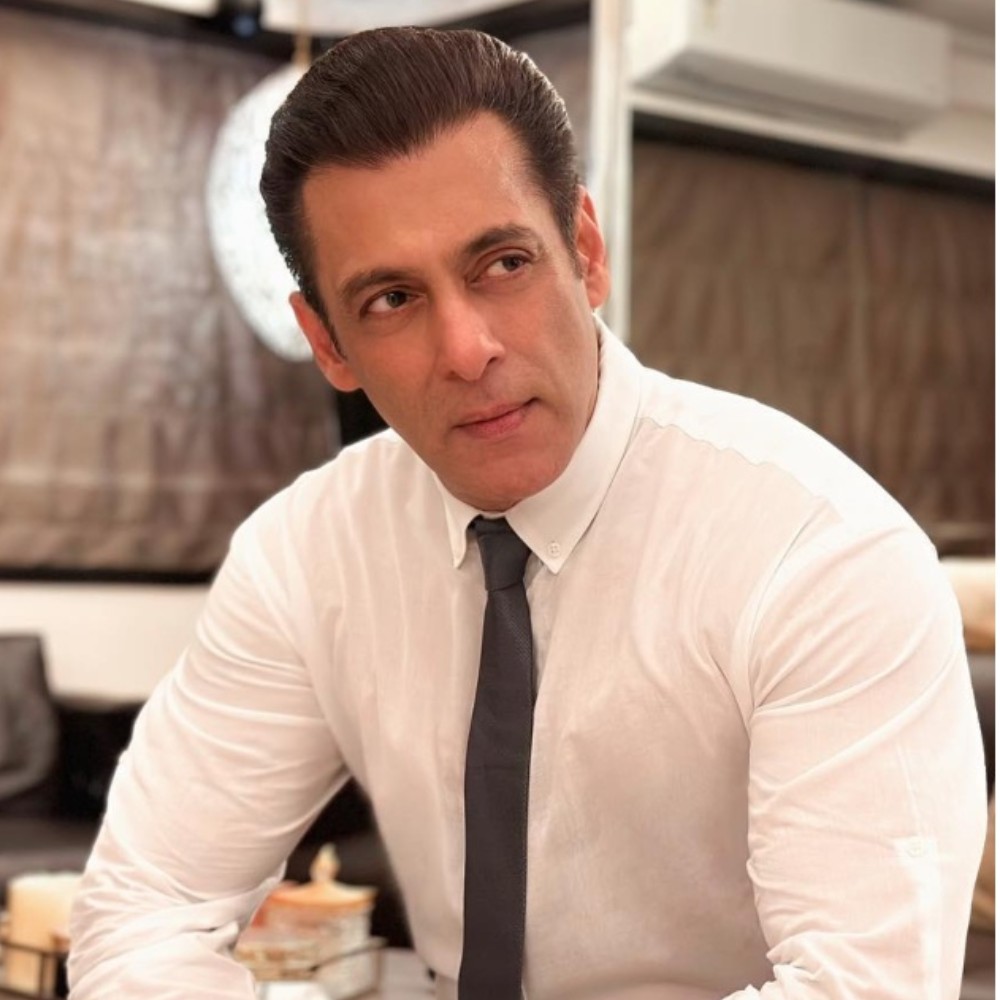Panipat Review: Arjun Kapoor and Kriti Sanon stand tall in this enthralling war drama
Panipat Movie Review: Ashutosh Gowariker’s Panipat is about how mighty empires were built and sustained. What transpires when politics is about a choice between winning and principles? It’s about valour, and honour one earns from the enemy even in times of a defeat.
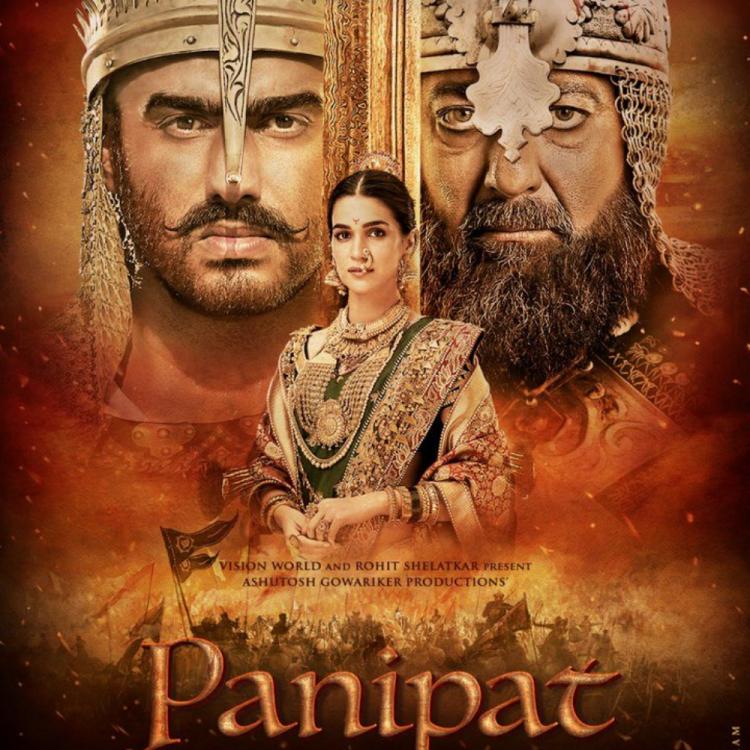
Movie: Panipat
Panipat Director: Ashutosh Gowariker
Panipat Cast: Arjun Kapoor, Sanjay Dutt, Kriti Sanon
Panipat rating: 3.5/5
Don’t judge a book by its cover, and don’t judge a film just by its trailer. Panipat’s trailer had become the target of meme army, but the actors and makers made the right bet by waiting to prove everyone wrong – including this reviewer.
Most people mistake it to be only about the third Battle of Panipat. The film is about politics, infights, war alliances, and betrayal even before the actual war begins. It is a carefully detailed script of how the cogwheels of war (which emerge far and before) hardly make for an exciting read in the history textbooks. Depending on which state of India you completed your schooling, the history textbooks teach you about the Maratha empire, the Mughals or the British colonisation. However, history should never be read or judged in isolation.
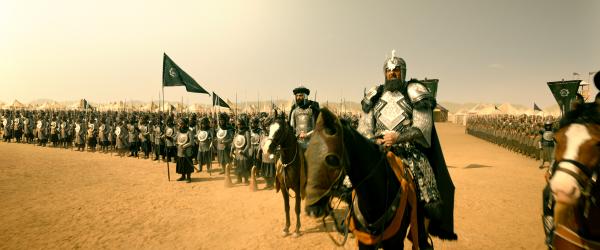
Ashutosh Gowariker’s Panipat elaborates on the parts that textbooks summarised in a page. The film Panipat is set in 1761 when the Maratha Empire had reached its zenith, and their grip on Hindustan reigned supreme with no-one to challenge them until an invader set his eyes on the throne of Hindustan. That’s when Sadashiv Rao Bhau (Arjun Kapoor), the Commander-in-Chief of the Maratha army led a northern expedition to repel the invading forces of Ahmad Shah Abdali (Sanjay Dutt), the King of Afghanistan.

Ashutosh captures the threads of relations and the insecurities within the royal families with detail. The love story of Sadashiv Rao Bhau and Parvati Bai is smartly induced in the script. Their chemistry plays a pivotal part in the war drama. Interestingly, Abdali is the antagonist, yet one can attest the moral relativism of there is nothing absolute right or wrong in a war to his character.
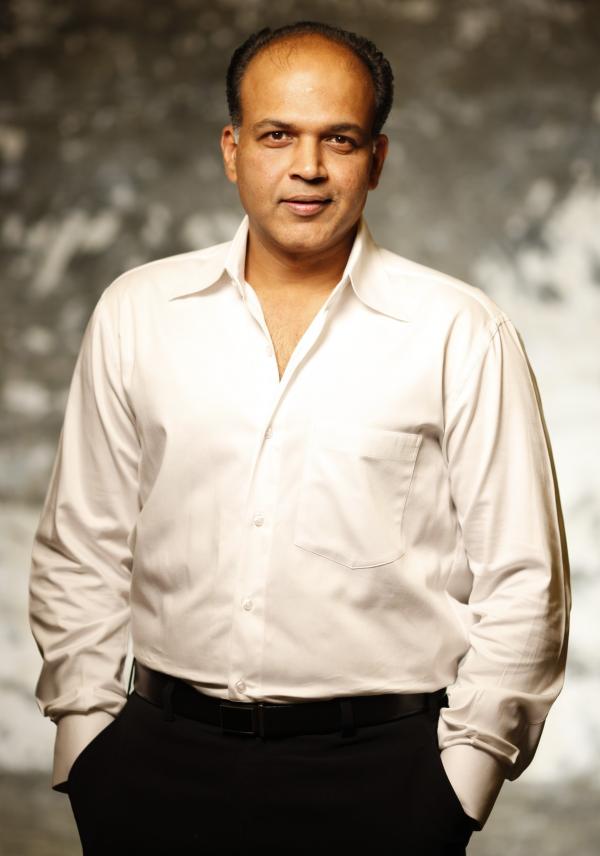
When Ashutosh touches a subject, reviewers know it would be a lengthy narration. However, some stories need time, and Ashutosh doesn’t waste it. The film is a result of a collective effort, and Ashutosh exhibits how a good director keeps a firm grip on all aspects of the film. He was aware that the subject will pit the film against fellow directors, but he emerges with his style of storytelling. It’s unfair to compare two directors, each is a raconteur with a unique style.
Ashutosh carves out the best performance from the lead actors with virtuosity. He raises the bar with the war sequences focusing on not just on the choreography, but careful scrutiny of military strategies. Panipat pays respect to both Sadashiv Bhau Rao and Ahmad Shah Abdali glorifying them as great military strategists. However, the most blissful experience is to see that film is a departure from the glorification of sati, regardless of whether it existed then or not.
Both Arjun Kapoor and Kriti Sanon should be applauded for taking a risk with this film. It pays off and how. Arjun comes up with one of his best performances to date. He manages you keep the audience’s interest in his character in the first half, develops a deeper connection in the second half, and owns them in war scenes. Kriti has earned success with characters which were crafted with a glamourous or girl-next-door image. In this film, her character was sketched to define the Indian definition of feminism which was about standing up for your love and supporting your partner, using skills that you learned for the benefit of people you serve, and picking up a sword when in need.

Kriti looks effortless and impressive in the role of Parvati Bai. She deftly switches between a playful lover and a warrior’s wife. Sanjay Dutt makes you hate him as a crude, angry and egoistic Afghan king. Although Sanjay Dutt’s dialogue lacks the tone and tonality of the region. The supporting cast which includes Mohnish Bahl and Padmini Kolhapure play their parts well. It’s also a treat to see Zeenat Aman in a special appearance.
Neeta Lulla (costume design) and Nitin Desai (set design) both should get credit for making the characters and set look royal. Small details such as the use of a banana tree as it is considered pious by Hindus during celebration makes the set look authentic. The film is a great visual experience. Detailing has been done with the outfits, weapons during the war, or even the jewellery of both the Mughal and the Peshwa era. Songs are well-placed but might not become chartbusters. Background score adds more life to characters, especially during the war scenes.
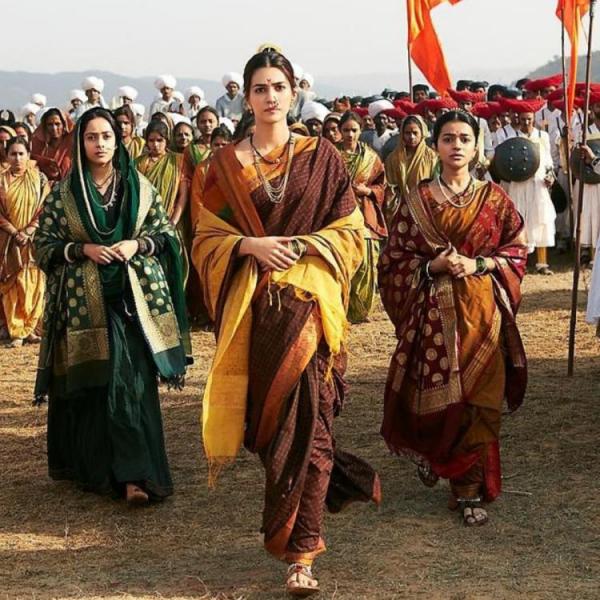
Panipat is for people who skipped the pages of history and never realised the enormity of the Maratha empire. It is not a war film. War is just a part of the story. Ashutosh, Arjun and Kriti’s Panipat is about how mighty empires were built and sustained. What transpires when politics is about a choice between winning and principles? It’s about valour, and honour one earns from the enemy even in times of a defeat.






 JOIN OUR WHATSAPP CHANNEL
JOIN OUR WHATSAPP CHANNEL
